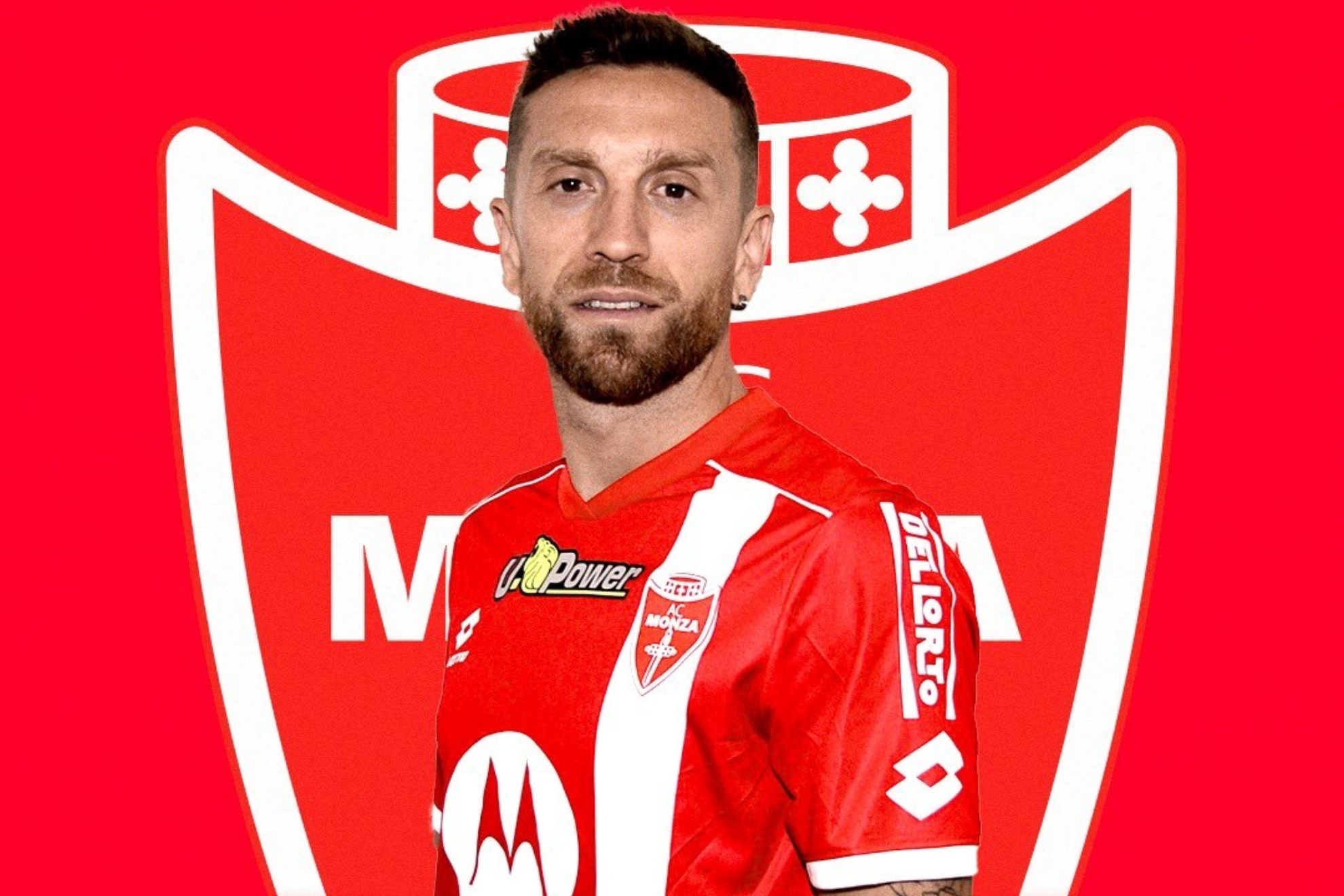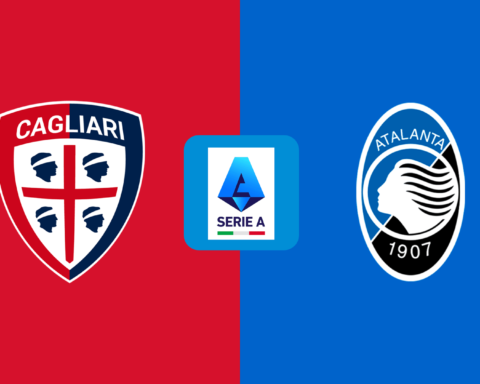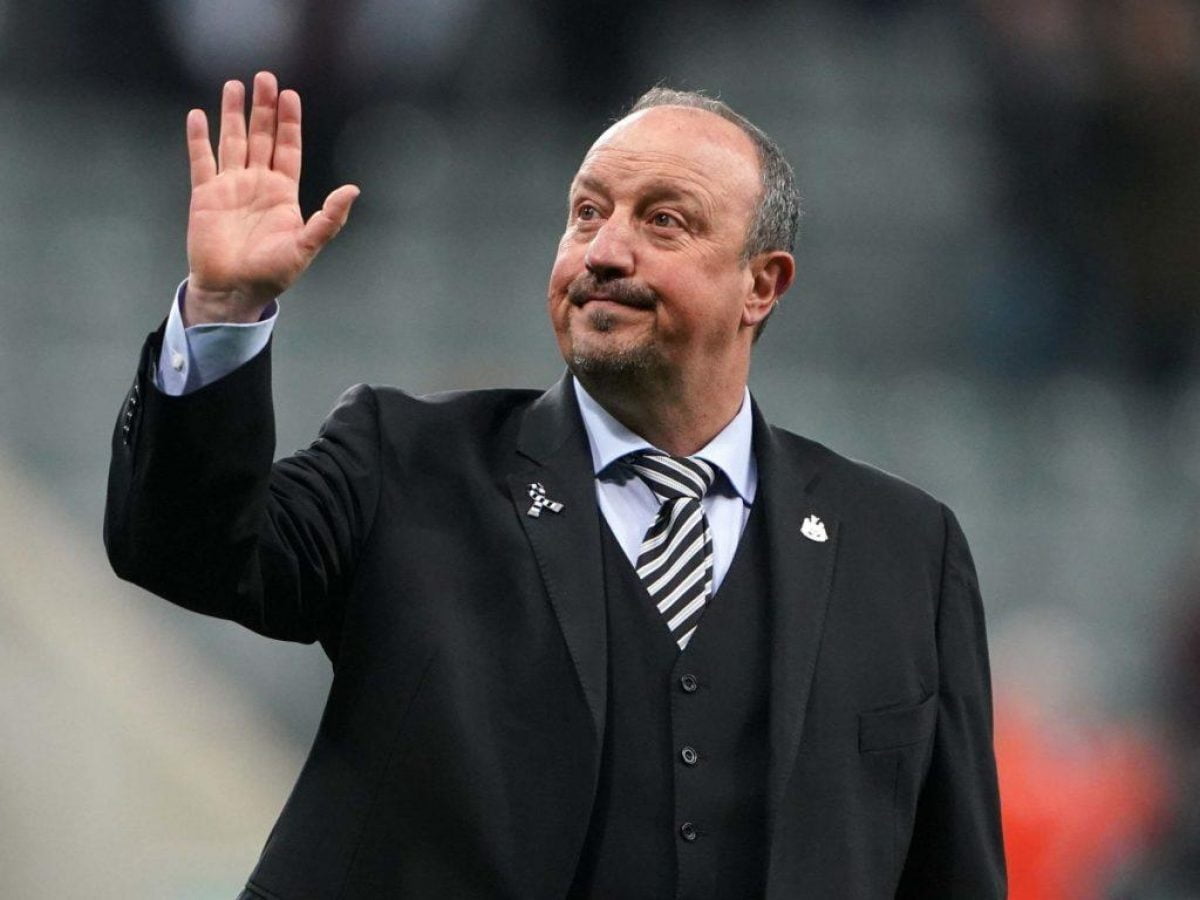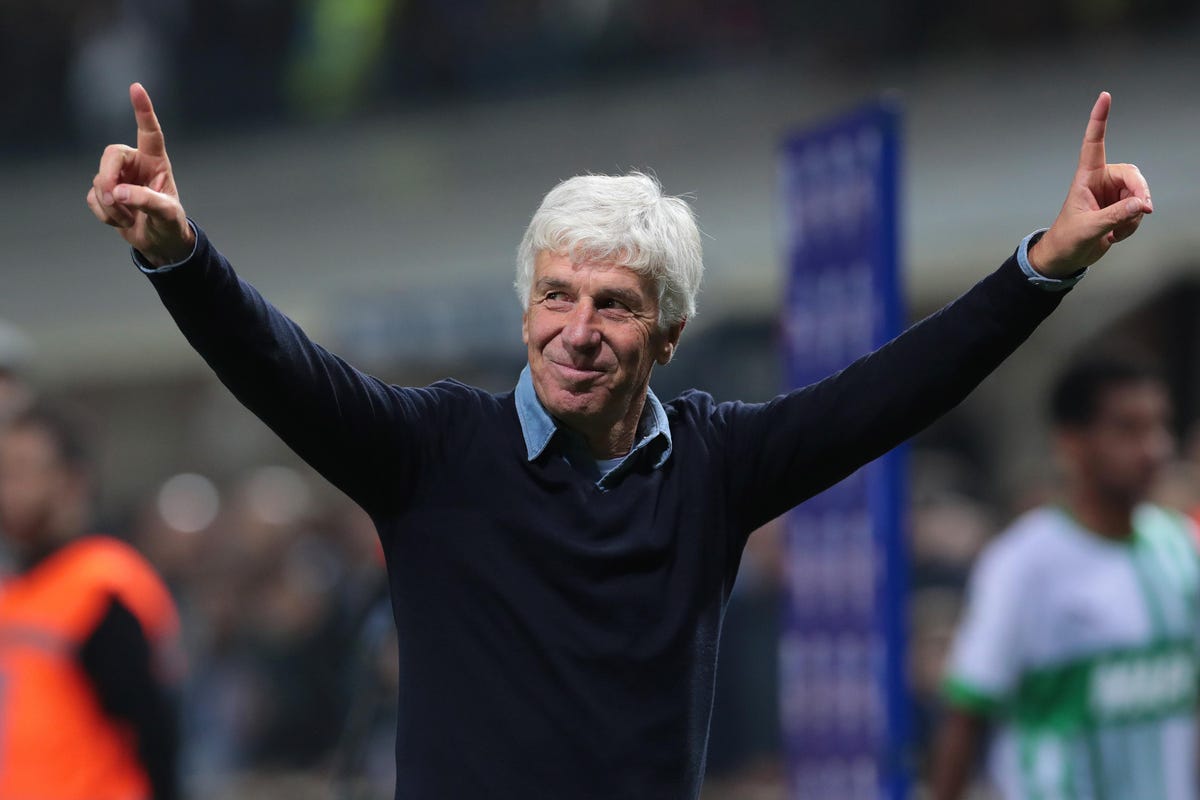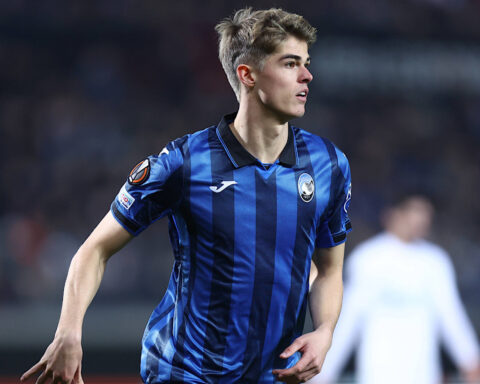Alejandro “Papu” Gomez, former Atalanta captain and World Cup winner, shared an emotional account of his personal struggles and current life during an interview with Juan Pablo Varsky on Clank. The Argentine midfielder spoke candidly about his journey from the heights of football glory to facing challenges off the pitch.
“You have to understand that maybe the character is coming to an end, that Papu Gomez is ceasing to exist,” Gomez admitted. “I’m trying to tone down the ego and survive as Alejandro. You go from being a world champion to nobody. I used to think or say, ‘If I become a world champion, I’ll never play again.’ Sometimes you wish for things or call for them, and life gives them back to you in its own way. Maybe it gave it back to me like this. It said, ‘Okay, you’ll become a world champion, spectacular, but now you’ll have to deal with this.’ You never know.”
Reflecting on his relationship with football, Gomez revealed how he sought balance in his life: “I didn’t want to be completely consumed by football, which is why I started playing padel. Now I’m starting over; I’m going back to being a kid who wants to debut. I prefer that Papu retires and Alejandro continues his career. I want to leave the character behind and start again. Whether it’s for a year or two years—maybe I’ll play three games and then retire.”
One of the most challenging moments for Gomez came during the World Cup final when he was dealing with news of a doping case. “I didn’t want to tell anyone about the doping news two days before the World Cup final,” he revealed. “It felt very selfish to share it with my teammates, so I preferred to do it after the match. I told them at the hotel and discussed it with lawyers in Argentina. When I spoke with CELAD, they told me it would take four to six months, but everything dragged on for ten months. Every time I went to train with Sevilla, I knew one day I’d wake up to the news that Papu Gomez had been suspended.”
Adapting to life off the pitch has been another significant adjustment for Gomez. “When you’re not used to being at home, like me—two days out of seven—you adapt,” he explained. “Now I’ve had to adjust to routines, schedules, kids at school, activities. There were many things I liked, but sometimes I couldn’t stand anyone anymore and ended up exploding. I started therapy a month ago; I like it, I think it helps. When you go through an experience like mine, it’s good to have external support.”
Gomez also shared how padel became a lifeline during difficult times: “When the suspension was over, Tanque Denis called me and invited me to play padel with a group of Argentines and former players. I started taking lessons, improving, playing with professionals… But I overdid it—I was playing two or three matches a day. I spent three hours playing just not to think about other things. Padel saved my life; I met many people I’d never encountered before. It opened my mind a lot—before, I was in my bubble; I’d shut myself in at home and wouldn’t go out because I was the captain. In one year of playing padel, I’ve met more people than in seven years of living in Bergamo.”

